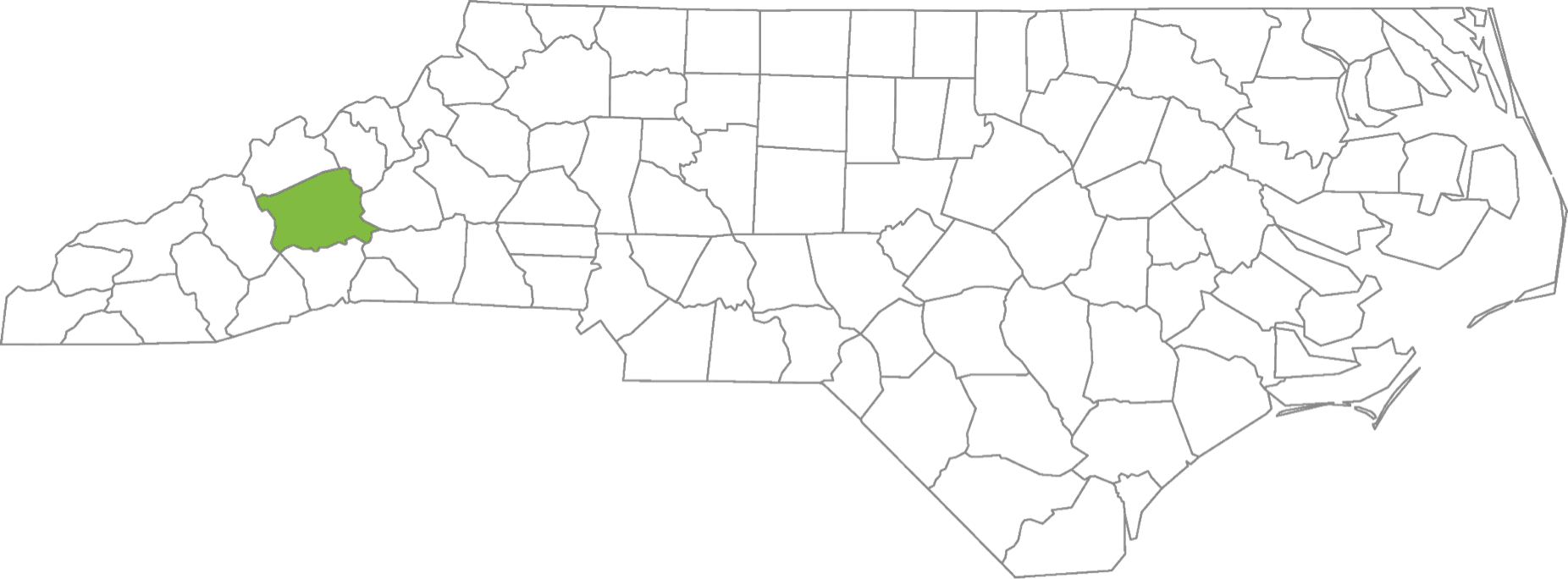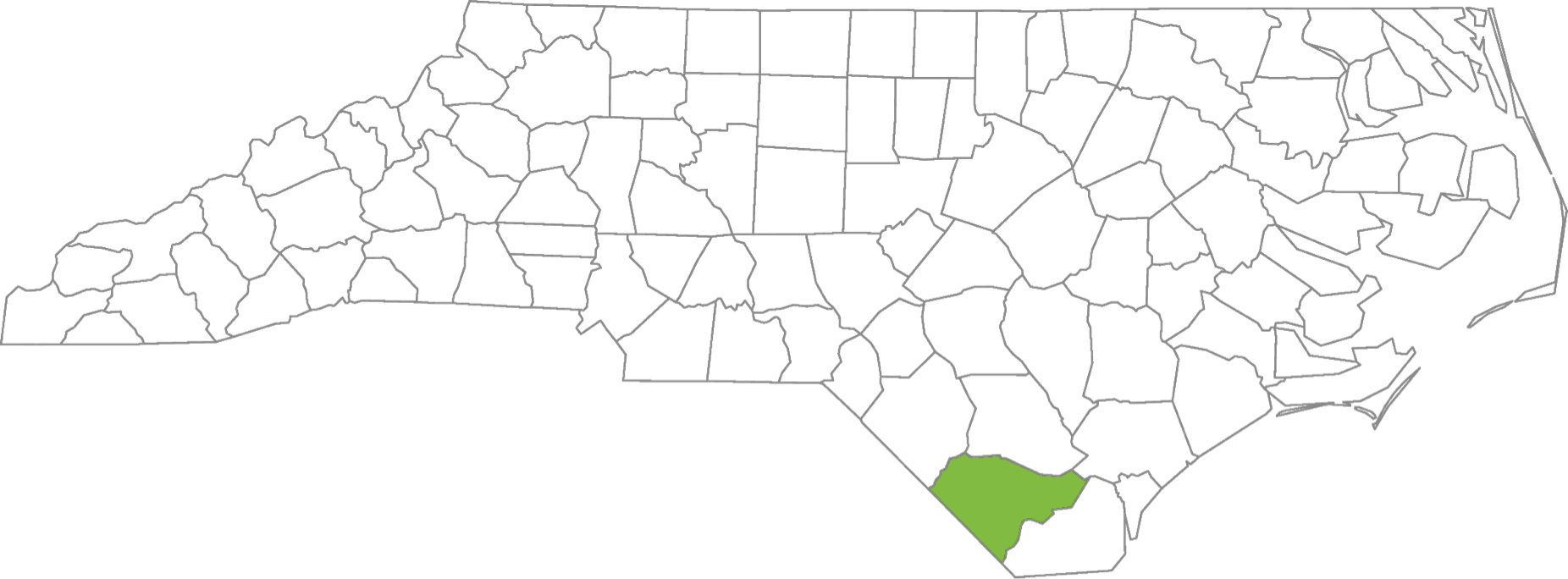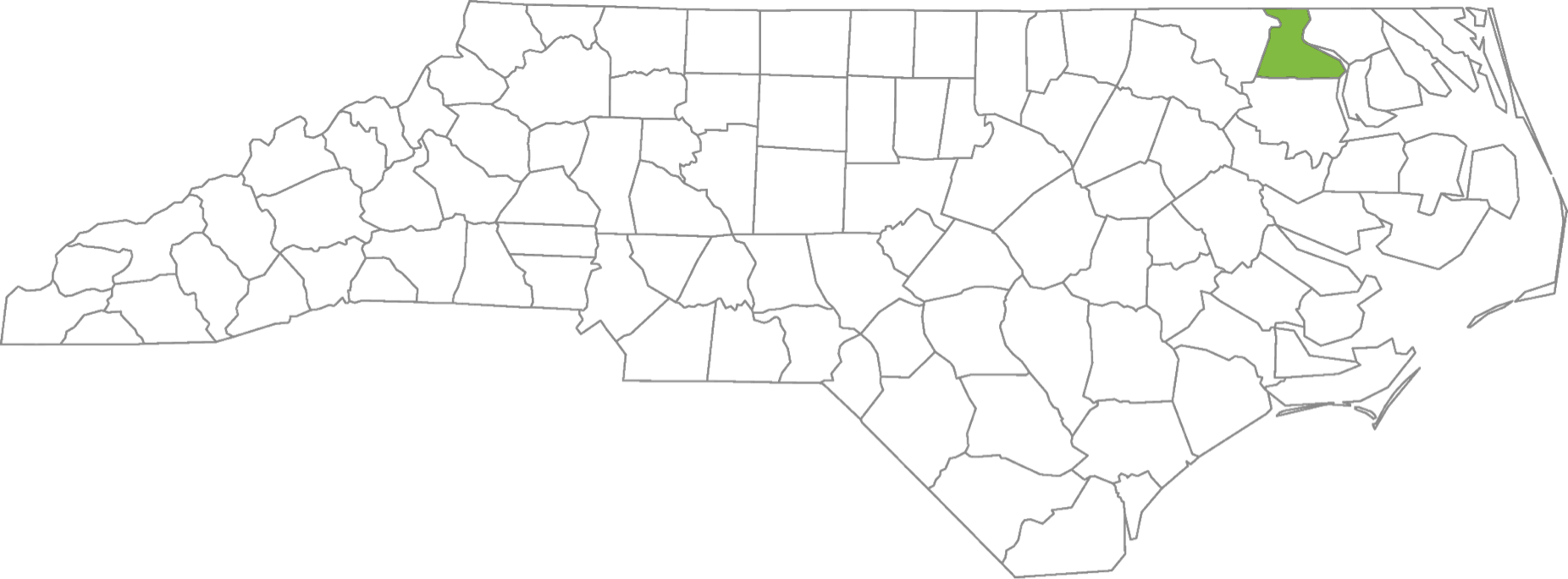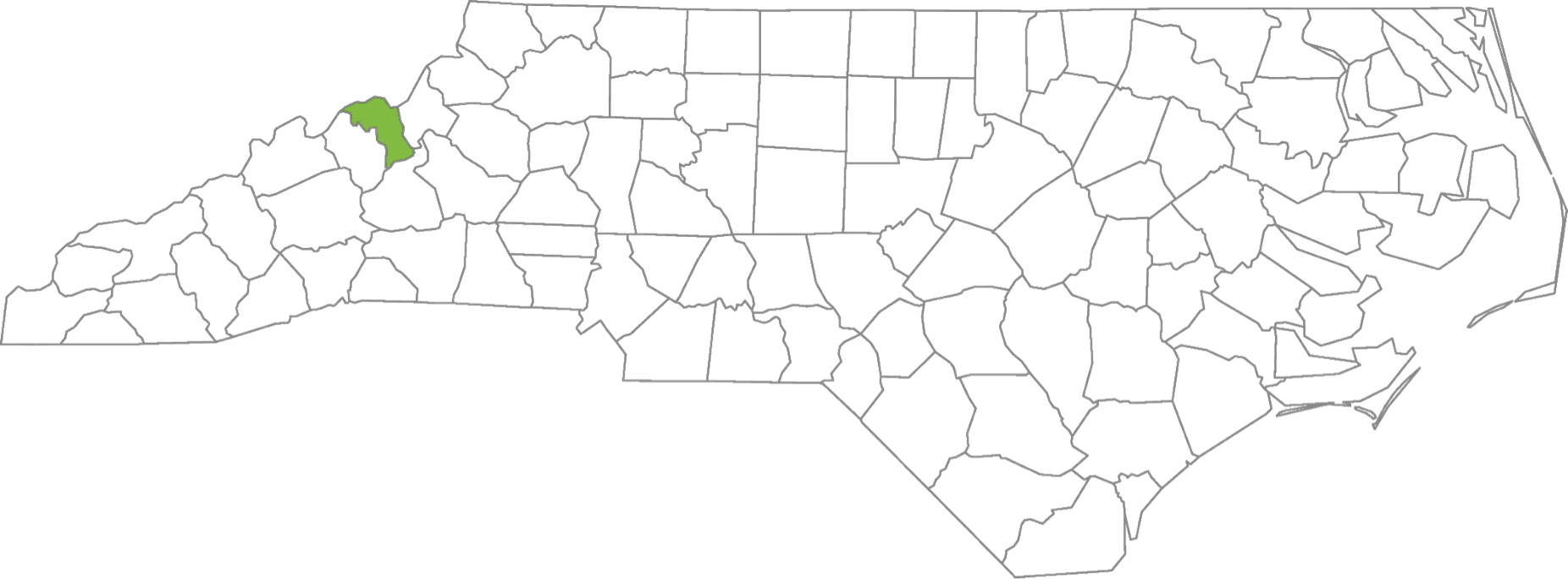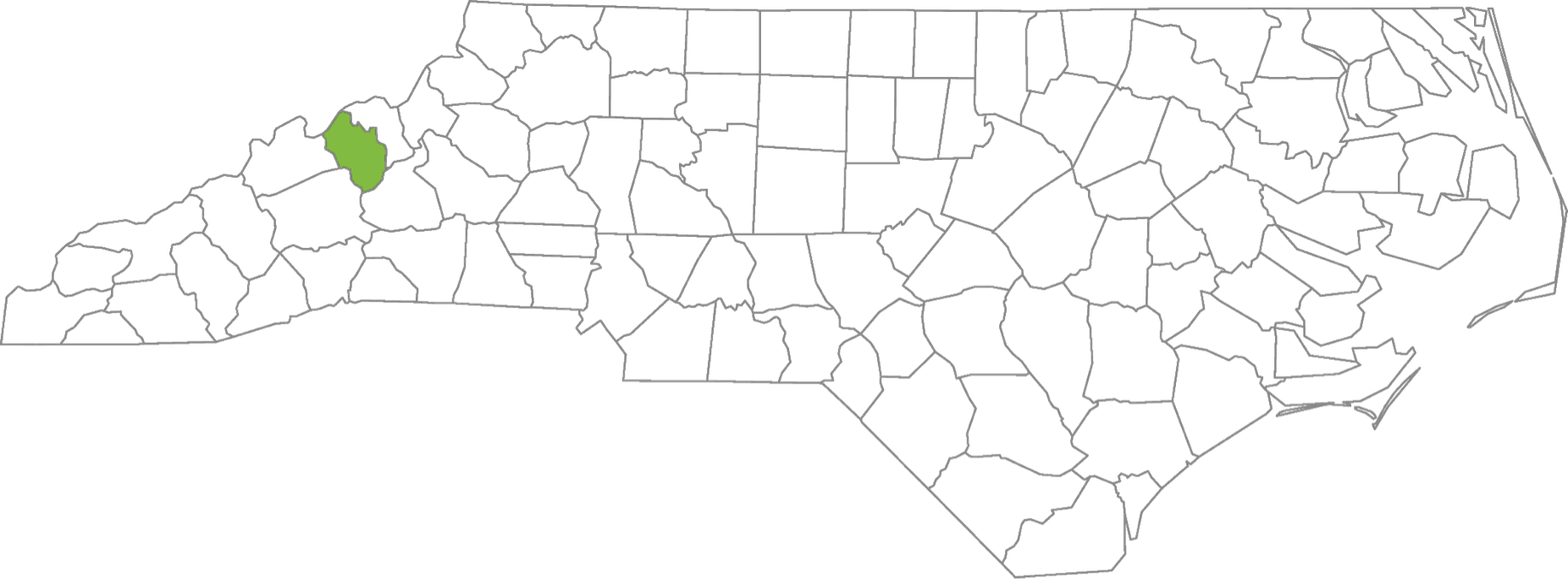Initiative
NC Maternal Infant Early Childhood Home Visiting Program: Healthy Families America and Nurse-Family Partnership
The Maternal, Infant, and Early Childhood Home Visiting Program (MIECHV) gives pregnant women and families, particularly those considered at-risk, necessary resources and skills to raise children who are physically, socially, and emotionally healthy and ready to learn. By electing to participate in local home visiting programs, families receive help from health, social service, and child development professionals. Through regular, planned home visits, parents learn how to improve their family’s health and provide better opportunities for their children. Two of the home visiting programs supported by MIECHV in North Carolina include Healthy Families America (HFA) and Nurse-Family Partnership (NFP). Both models are evidence- based, which is a requirement to receive MIECHV funding.
Goals for the programs are to:
- Improve maternal and child health
- Prevent child abuse and neglect
- Encourage positive parenting
- Promote child development and school readiness
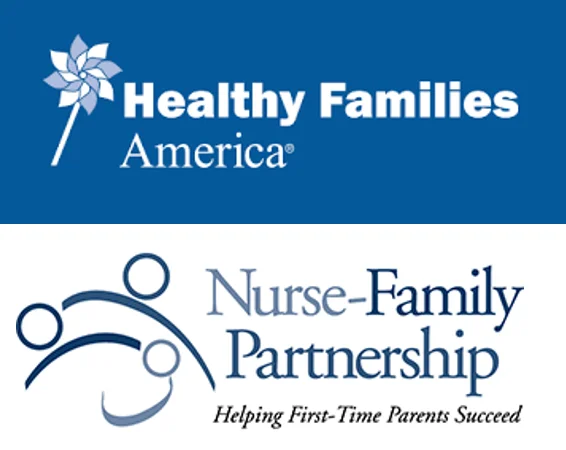
Fast Facts
| Relevant Actions | |
| State or Local? | Local |
| Counties | Bertie, Bladen, Buncombe, Burke, Columbus, Durham, Edgecombe, Gaston, Halifax, Hertford, Mitchell, Nash, Northampton, Robeson, Scotland, Yancey |
| Lead Agency | NC DHHS, Division of Child and Family Well-Being |
| Type of Agency | State/Local Government Agency |
| Racial Equity Lens |
|
| Community Voice |
|
| Impact | MIECHV FY 2021 Performance Highlights Include:
Note that home visitors are helpful in providing education, screenings, and referrals for families to address mental health and well-being; however, there are often few and/or limited options for services in LIAs’ geographical areas, resulting in the discrepancy between who has received a referral and who is able to further receive services. |
| Next Steps |
|
| Primary Partners |
|
| Primary Funders | Health Resources & Services Administration (HRSA) |
| Contact | Greer Cook |
Active Counties


